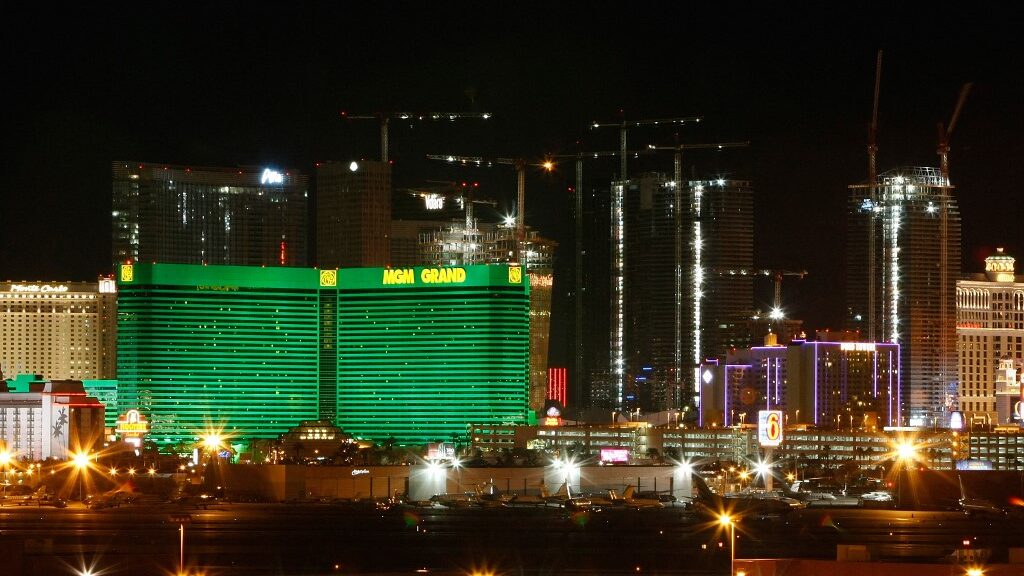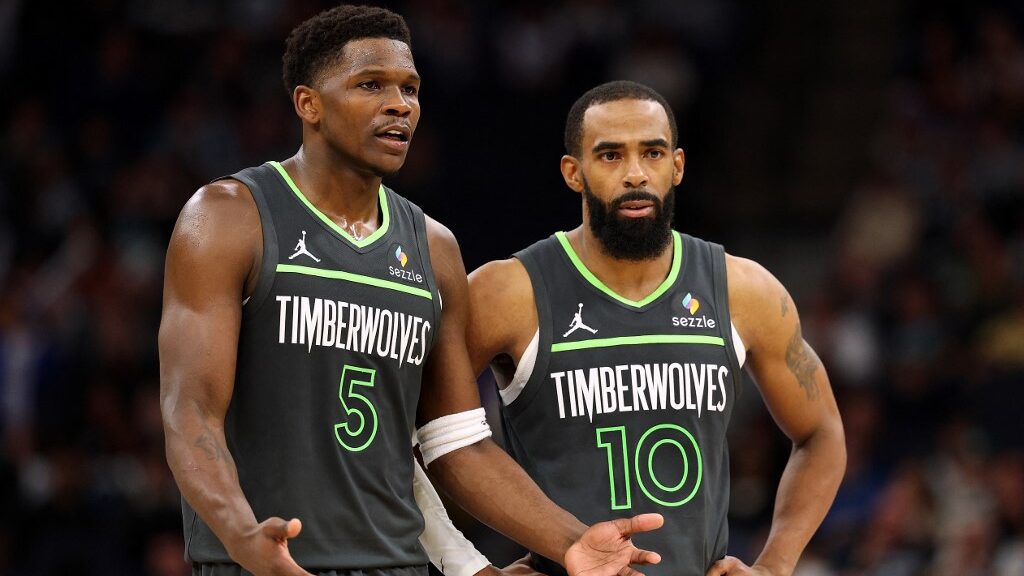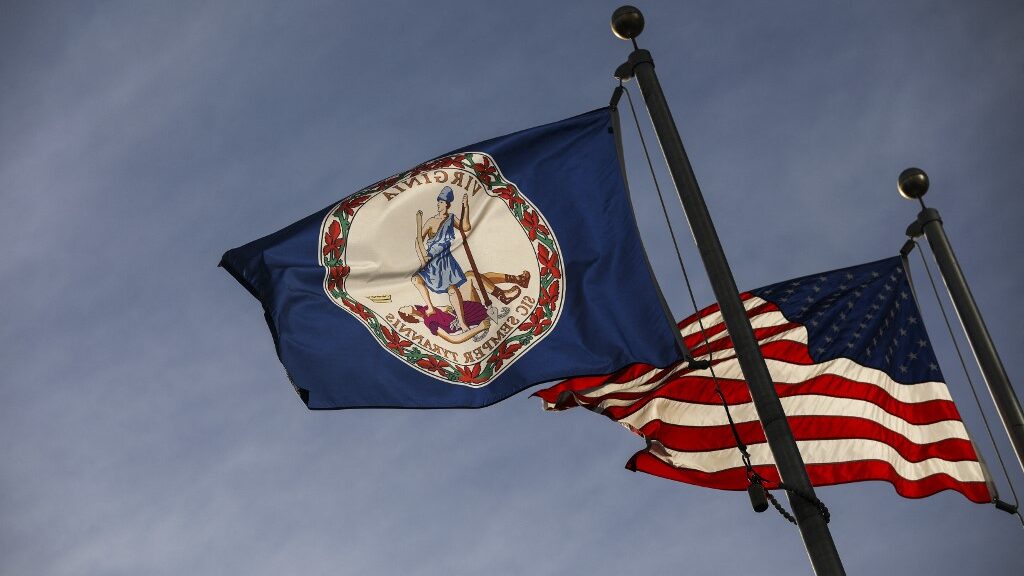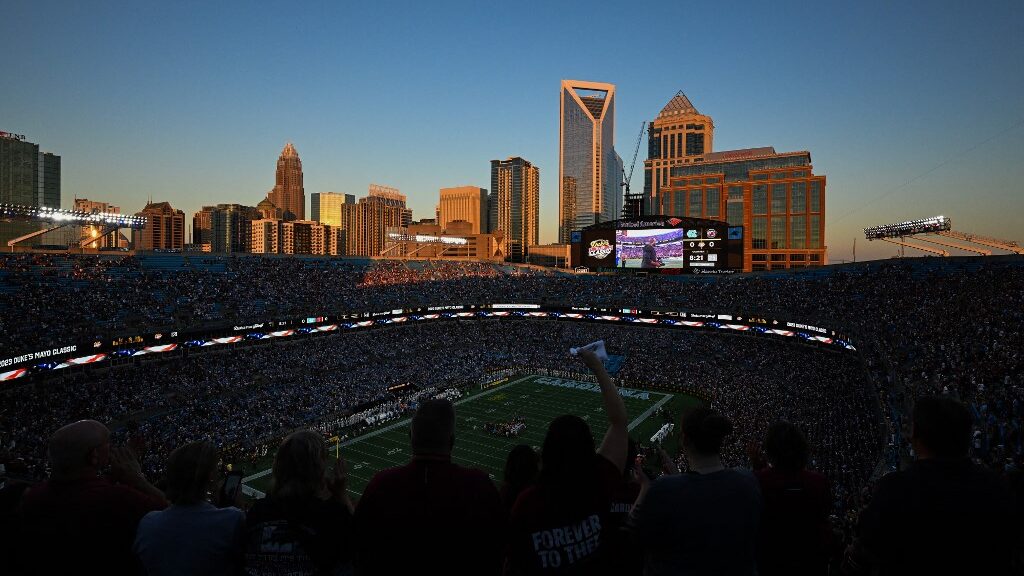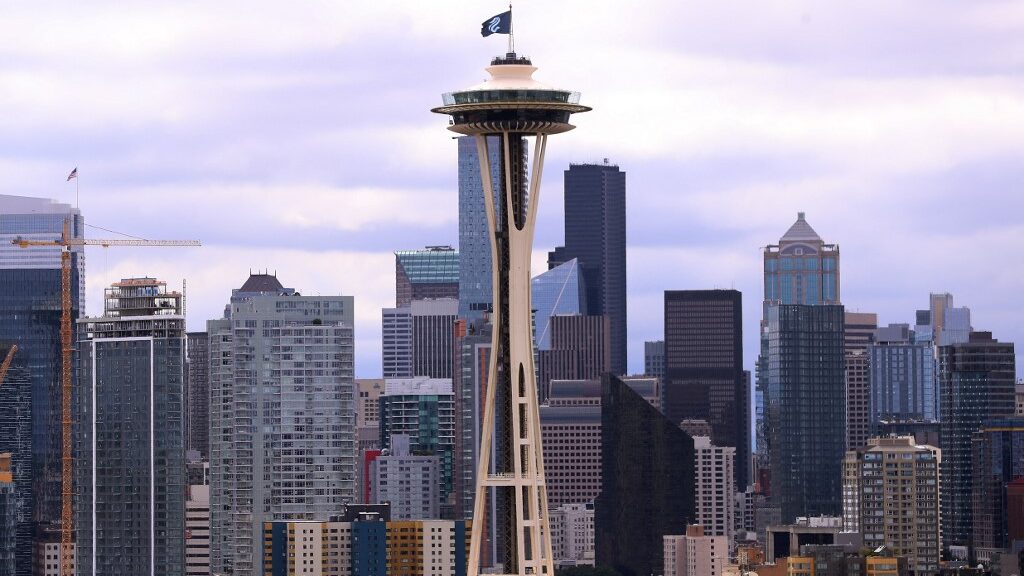
Tensions are escalating over new casino plans in Pasco, Washington. It’s sparking controversy with opposing tribes expressing concerns about territorial rights and potential economic impacts.
The criticism comes from rival tribes who say the Colville Tribe does not have the right to establish a presence in the Tri-Cities area. They also claim that the casino’s development would have a detrimental impact on nearby existing casinos.
Ruth Jim, a member of the Confederated Tribes of the Yakama Nation, warned that this project could ignite an Indian war during a four-hour hearing held by the Bureau of Indian Affairs on April 24. The agency is taking comments on the scope of the project’s impacts.
The virtual hearing offered one of the first public forums to comment on the Colville plan.
What Started The Controversy?
The conflict centers around the Colville Tribe’s desire to build a casino, hotel, event center, and supporting facilities on 165 acres of land north of the King City Truck Stop in Pasco.
The Yakama Nation and the Confederated Tribes of the Umatilla Indian Reservation (CTUIR) say that the Colville Tribe’s rights do not extend to the Tri-Cities under their 1855 treaties with the U.S. government.
They also argue that a Pasco casino would hurt their casinos economically, which are crucial for funding tribal government services and providing employment to their members.
Tribe Trying to Diversify Its Economic Opportunities
The Colville Tribe initiated the process to open the casino in Pasco by applying for the federal “Fee-to-Trust” process in 2023, seeking to place the property into a federal trust.
Pending federal and Washington state approval, the project aims to diversify economic opportunities for the tribe, which currently operates casinos in northern locations such as Chelan, Grand Coulee, and Omak.
As part of the 12 Tribes casino network, the new casino would support tribal services and provide jobs to members who live off the Colville reservations. It would create nearly 2,000 jobs through construction and an employment base of 5,000 in the first five years.
Pasco Mayor Matt Watkins and other local officials support the project, emphasizing its potential for job creation and tourism growth. Agreements between the city and the tribe ensure cooperation on various civic matters, including emergency services management for the proposed site.
Tribal Casinos Provide Big Business in Washington
The annual gambling activity report from the Washington State Gambling Commission shows that tribal gaming is lucrative for the state. Of the $3.8 billion in net gambling receipts for the year ending 2023, tribal casinos made up nearly $3 billion of that total revenue.
Tribal gaming benefits both tribal communities and the state’s economy. The revenue is reinvested in public purposes, creating jobs and business opportunities for all Washingtonians.
The unique landscape of tribal gaming in Washington includes 29 federally recognized tribes operating 28 casinos with over 30,000 slot machines, approximately 600 table games, and nearly 3,000 hotel rooms across the state. These casinos also contribute to the state’s gross product, making Washington tribes a vital part of the local economy.
Where Does the Discussion Go From Here?
The situation remains unresolved as the Bureau of Indian Affairs evaluates the impact of the project. They are currently soliciting public comments to assess potential effects on the community and environment. The deadline for submissions is May 3.
The impact statement will play a crucial role in shaping the project’s future. It is required under federal law. On top of that, the result of this battle could set a precedent for future tribal developments and reshape the economic landscape of tribal gaming in Washington.



